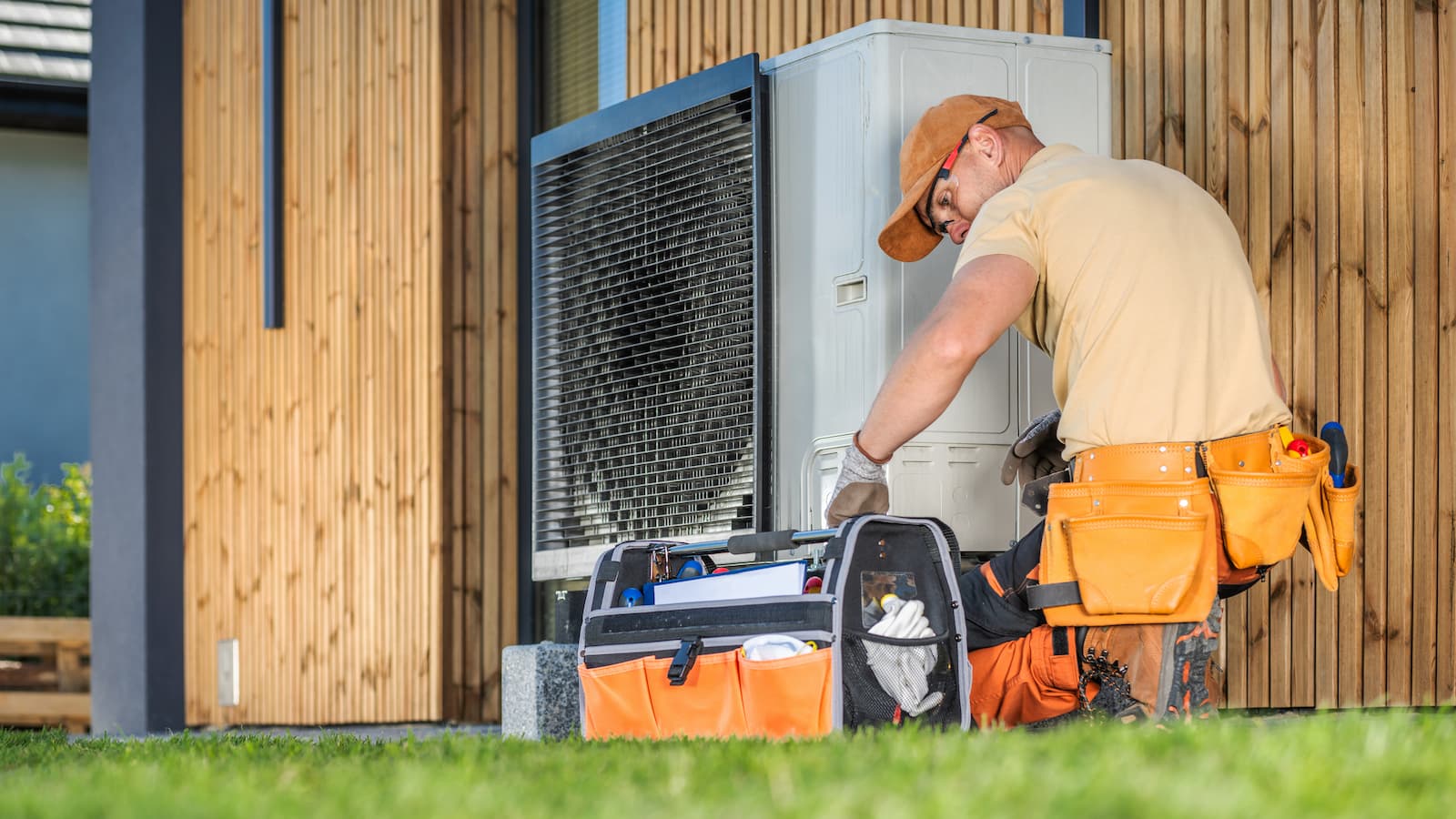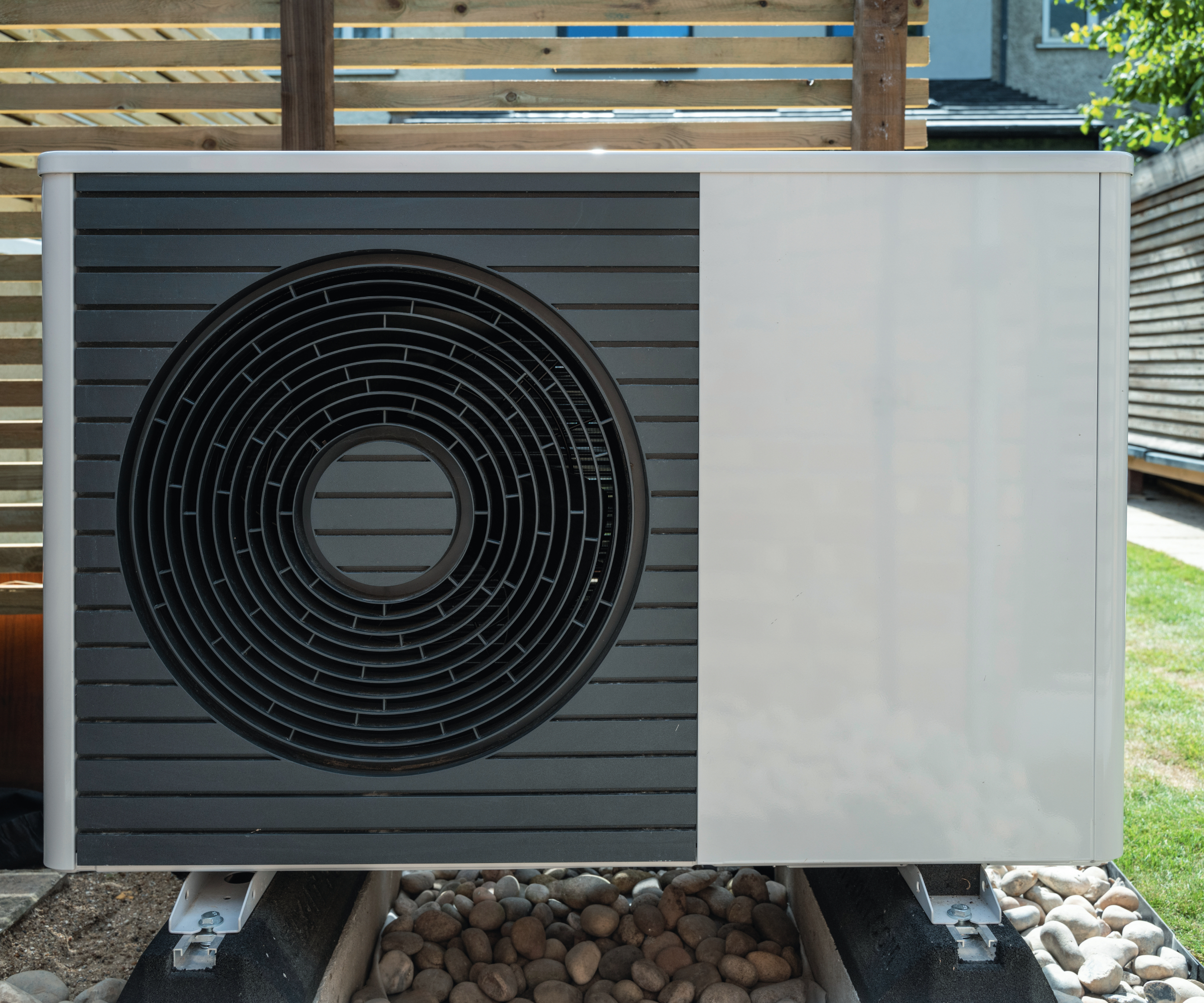Boiler Upgrade Scheme sees record growth but Government report highlights major financial challenges for homeowners
New government findings reveal high homeowner satisfaction but call for policy reforms to address cost and accessibility barriers

A new government report has shed light on the performance of the Boiler Upgrade Scheme, revealing record uptake alongside persistent barriers to wider adoption.
While the scheme has funded over 55,000 installations and homeowners report high satisfaction with heat pumps, concerns over affordability, red tape and workforce shortages remain.
With funding now extended until 2028, the report highlights the urgent need for policy reforms to sustain momentum and make low-carbon heating (LCH) accessible to more households.
Uptake of the Boiler Upgrade Scheme
The Government report reveals that between May 2022 and September 2023, the Boiler Upgrade Scheme supported 15,738 LCH system installations, averaging over 900 per month.
The majority of these were air source heat pumps replacing gas boilers in domestic properties. The report found that properties benefiting from the scheme were typically larger homes, with 52% having four or more bedrooms.
Financial incentives played a key role in driving uptake, with 65% of homeowners stating that the availability of the Boiler Upgrade Scheme grant was the primary reason for installing a heat pump.
However, 55% said they would have been unlikely to install a system without the heat pump grant, citing cost as a major barrier. The report also found that installer businesses, mostly small firms, joined the scheme primarily to sustain operations rather than to expand.
Get the Homebuilding & Renovating Newsletter
Bring your dream home to life with expert advice, how to guides and design inspiration. Sign up for our newsletter and get two free tickets to a Homebuilding & Renovating Show near you.
How satisfied are homeowners with heat pumps

The report found high levels of satisfaction among homeowners who installed heat pumps through the Boiler Upgrade Scheme, with 86% reporting a positive experience. Most found the process straightforward, with 75% stating it was easy to find a registered installer.
Satisfaction with the installation process was also high, with 74% happy with the duration and 71% with the level of disruption. However, 17% of homeowners were dissatisfied with the handover, feeling they were given overly technical information without adequate guidance.
Additionally, 11% made formal complaints about their installation, with most directed at installers rather than regulators.
Despite these concerns, 79% of homeowners were satisfied with their new system, and 69% said they would recommend it to others. The report notes that many had limited experience using their heat pumps for a full heating season at the time of the survey, suggesting that satisfaction levels may evolve over time.
Costs still preventing further adoption
The Government’s report concludes that the Boiler Upgrade Scheme has successfully encouraged heat pump adoption but has yet to drive a transformative shift in the market.
While uptake is increasing, the high upfront cost of LCH systems remains a significant barrier, even with grant support. Many installers also reported administrative burdens and a lack of skilled workers as challenges to expanding installations.
The report suggests that increasing public awareness and simplifying the installation process could further boost adoption. While the recent grant increase to £7,500 may help, the long-term success of the scheme will depend on addressing cost barriers and ensuring a clear pathway for homeowners and installers.
With strong homeowner satisfaction and growing industry engagement, the Boiler Upgrade Scheme is making progress in supporting the transition to low-carbon heating. However, further policy action may be needed to sustain momentum and expand accessibility across a broader range of households.

News Editor Joseph has previously written for Today’s Media and Chambers & Partners, focusing on news for conveyancers and industry professionals. Joseph has just started his own self build project, building his own home on his family’s farm with planning permission for a timber frame, three-bedroom house in a one-acre field. The foundation work has already begun and he hopes to have the home built in the next year. Prior to this he renovated his family's home as well as doing several DIY projects, including installing a shower, building sheds, and livestock fences and shelters for the farm’s animals. Outside of homebuilding, Joseph loves rugby and has written for Rugby World, the world’s largest rugby magazine.
